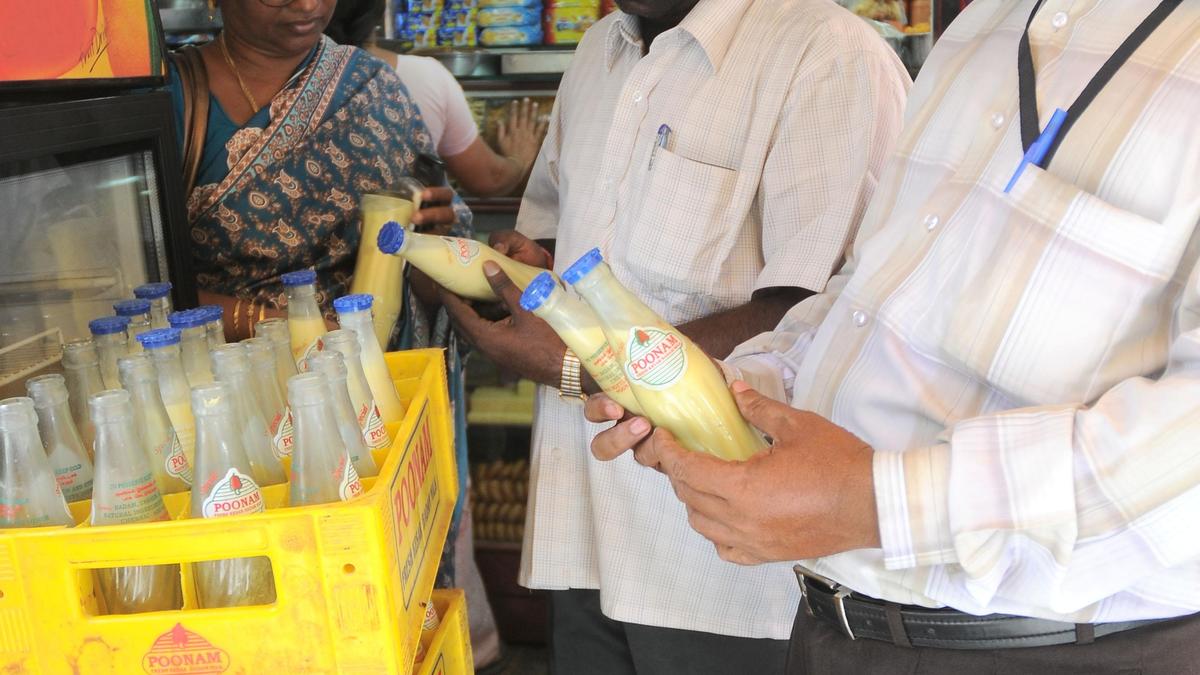Copyright thehindubusinessline

The Food Safety and Standards Authority of India (FSSAI) has asked States to ensure handling and disposal of food items that are seized during surveillance drives, rejected or expired in accordance with the regulations and not dumped into natural water bodies or open land areas. Sources said that States and Union Territories have been asked to submit monthly compliance reports to the Authority regarding the same. It has also been said that disposals must be done under video documentation. In a letter sent to States and Union Territories, a copy of which was seen by businessline, the Authority has said that proper handling and disposal of rejected, expired, or seized food items are critical in preventing health risks, misuse within the supply chain, and environmental harm. Sources said that this comes after the Authority received reports of instances where seized, rejected, or expired food items were improperly disposed directly into rivers and other natural water bodies. Certain such instances have also gone viral on social media. Waste Guidelines It has directed all designated officers, food safety officers and enforcement teams to follow the requisite procedures. FSSAI noted that it is “strictly prohibited” to dispose of seized, rejected, or expired food items, including their packaging, into rivers, lakes, natural water bodies, or open lands under any circumstances. The approved disposal methods include the use of “authorised” incinerators, compliant with Central Pollution Board (CPCB) norms, ensuring complete combustion and maintaining records of the facility used. It also said that only “designated sanitary landfills only leachate” can be used for disposal. Leachate control involves the treatment and prevention of liquids that drain from waste. It also said that biodegradable waste must be segregated and composted where feasible. The Authority also pointed out in its letter that disposal of such items must be supervised by the Food Safety Officer (FSO) or an officer duly authorised by the Designated Officer. Disposals should be done under video documentation, in the presence of two independent witnesses, it added. The Designated officers have the responsibility to identify suitable facilities for disposal methods and furnish the details to the Food Safety Commissioners. In the case of high-volume disposals, designated officers must coordinate with state pollution control boards. “The certificate of disposal should be submitted by the concerned FSO/officer supervising the disposal of the said article/item seized to the designated officer with a copy to the concerned Commissioner officer of Food Safety and the concerned Food Business Operator (FBO),” the letter added. The Authority has also asked the States to ensure that monthly disposal compliance reports are submitted and any deviations should be flagged. Published on November 4, 2025



